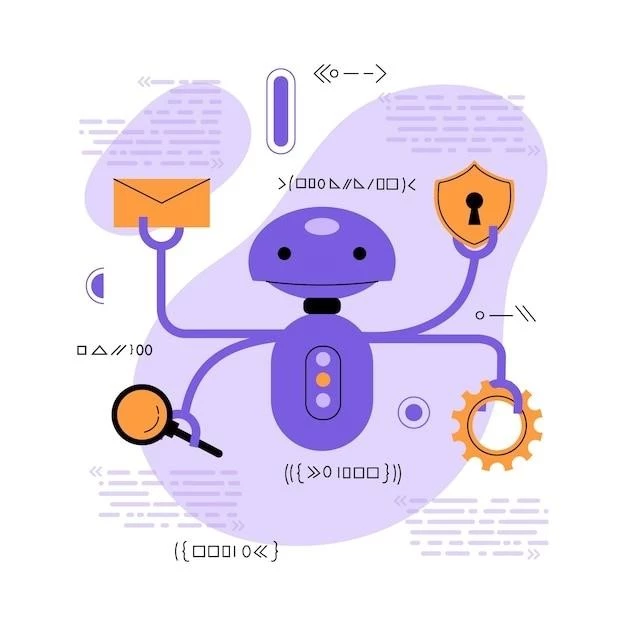The rapid advancements in artificial intelligence (AI) have brought about transformative changes across various industries․ From self-driving cars to personalized medicine, AI is revolutionizing the way we live, work, and interact with the world․ However, with these remarkable advancements come significant ethical considerations that demand careful attention and responsible development practices․

Bias and Fairness
One of the most pressing ethical concerns in AI development is the potential for bias․ AI systems are trained on vast amounts of data, and if this data reflects existing societal biases, the resulting AI models can perpetuate and even amplify these biases․ For example, facial recognition systems trained on predominantly white datasets have been shown to be less accurate in identifying people of color․ This can have serious consequences, particularly in areas like law enforcement and criminal justice;
To address this challenge, developers must prioritize fairness and inclusivity in AI development․ This involves:
- Using diverse and representative datasets to train AI models․
- Developing algorithms that are robust to bias and can mitigate its impact․
- Implementing fairness audits to identify and address any biases in AI systems․
Transparency and Explainability
AI systems are often complex and opaque, making it difficult to understand how they arrive at their decisions․ This lack of transparency can raise concerns about accountability and trust․ For example, if an AI-powered loan application system denies a loan, it may be challenging to understand why, making it difficult to challenge the decision․
Transparency and explainability are crucial for ensuring ethical AI development․ This involves:
- Developing AI models that are more interpretable and understandable․
- Providing clear and concise explanations of how AI systems work and why they make certain decisions․
- Promoting open access to AI research and data to foster transparency and scrutiny․
Privacy and Data Security
AI systems often rely on large amounts of personal data, raising concerns about privacy and data security․ The collection, storage, and use of this data must be handled responsibly to protect individuals’ privacy and prevent misuse․
Ethical AI development requires:
- Obtaining informed consent from individuals before collecting their data․
- Implementing robust data security measures to protect personal information from unauthorized access and breaches․
- Minimizing data collection and only collecting data that is necessary for the intended purpose․
Job Displacement and Economic Impact
AI automation has the potential to displace human workers in various industries․ This raises concerns about job losses, economic inequality, and the need for retraining and reskilling programs to prepare workers for the changing job market․
Ethical AI development must consider the economic impact and ensure that the benefits of AI are shared equitably․ This involves:
- Investing in education and training programs to equip workers with the skills needed for the AI-powered workforce․
- Developing policies that support workers who are displaced by AI automation․
- Promoting responsible AI implementation that prioritizes human well-being and economic prosperity․
Weaponization and Autonomous Weapons
The development of AI-powered weapons systems, such as autonomous drones, raises serious ethical concerns about the potential for unintended consequences and the loss of human control over warfare․ These systems could escalate conflicts, make it easier to initiate violence, and blur the lines of responsibility in war․
Ethical AI development must prioritize human control and responsibility in the development and deployment of AI-powered weapons systems․ This involves:
- Establishing international regulations and agreements to prevent the development and use of autonomous weapons systems․
- Ensuring that AI-powered weapons systems are subject to human oversight and control․
- Promoting research and development that focuses on peaceful and beneficial applications of AI․

Conclusion
Ethical considerations are paramount in AI development․ By addressing these issues proactively, we can harness the transformative power of AI while ensuring that it is used responsibly and for the betterment of society․ It is imperative that developers, researchers, policymakers, and the public engage in ongoing dialogue and collaboration to shape the future of AI in an ethical and responsible manner․










